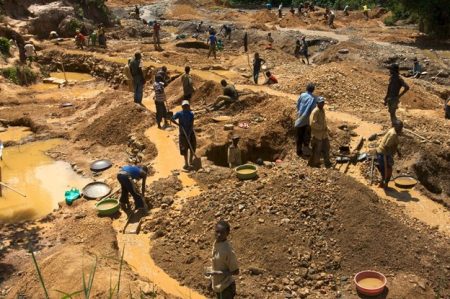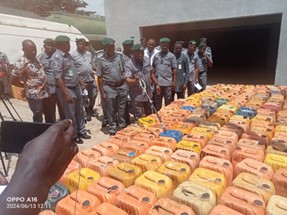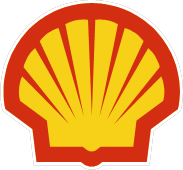 13 December 2011, Swetcrude, ABUJA – The Nigerian National Petroleum Corporation (NNPC) says 65,000 barrels of its daily crude oil allocation were being sold to a foreign oil company, while another 65,000 barrels were being refined in Cote d’Ivoire.
13 December 2011, Swetcrude, ABUJA – The Nigerian National Petroleum Corporation (NNPC) says 65,000 barrels of its daily crude oil allocation were being sold to a foreign oil company, while another 65,000 barrels were being refined in Cote d’Ivoire.
This indication came as the NNPC Group Managing Director, Mr Austen Oniwon, explained on Monday at a public hearing by the Senate Joint Committee on the Fuel Subsidy Scheme, how the corporation had been administering the 445,000 barrels of daily crude allocation reserved for it by the Federal Government.
Nigeria’s four refineries have a combined crude refining capacity of 445,000bpd, with the old and new Port Harcourt refineries having a capacity of 210,000bpd, Warri refinery, 125,000bpd and Kaduna refinery, 110,000bpd.
Oniwon said only 170,000 barrels of the daily allocation were refined locally. “Warri refines 80,000 barrels; Port Harcourt, 90,000 barrels; while the Kaduna refinery is shut down due to problems with the pipelines,” he said.
He disclosed that another 60,000 barrels were being swapped for refined products with Trafigura Company of the United Kingdom, just as another 90,000 barrels were allocated to the NNPC subsidiary, Duke Oil, for another round of swapping.
Computed against the average crude price of $98.04 per barrel, the 65,000 barrels being refined in Cote d’Ivoire are worth $6.37m (about N9.88bn) daily, while the foreign company buying crude from it makes the same amount on daily basis.
But, the NNPC GMD refused to name the company to which the 65,000 barrels were being sold to, prompting several queries from members of the committee.
On the crude swapping deal, he explained that the process involved allowing the company to give back refined products to the NNPC, while retaining some of the refined products as its compensation.
He maintained that the transaction was cashless, but, the committee insisted that the volume of the product retained by the company after refining was more than enough cash payment, and wondered if Nigeria was not being short-changed in the entire transaction.
On the refining of products by SIR of Cote d’Ivoire, Oniwon said the NNPC intended to reverse the trend as soon as possible.
“We are not happy about the situation. We are seeking the cooperation of all to reverse the trend. That is why we have given the revamping of the three refineries to the original builders. By the time we are done with that, we will not have to take crude to Cote d’Ivoire to refine,” Oniwon said.
He said NNPC was before 2003 buying crude oil locally at a reduced price of between $9.50 and $22 per barrel.
He said with the change of policy, NNPC had been buying crude at the prevailing price in the international oil market.
The NNPC boss argued that subsidy, whether at the crude level or at the product level, was subject to abuse, saying that phasing it out completely was the only way forward.
Speaking earlier, the Executive Secretary, Petroleum Products Pricing Regulatory Agency, Mr. Reginald Stanley, said the agency was not responsible for providing security at the tank farms where imported products were being stored, even after paying subsidies on the products.
Members of the committee expressed concern that the products for which subsidies had been paid were left in the hands of the beneficiaries of the process, fearing that the fidelity of the process could have been tampered with.
But Stanley argued that it was not within the purview of the PPPRA to provide security at the tank farms.
On the rationale for the computation of the components of the subsidy, he noted that there were various charges added to the actual price of crude in the international market.



